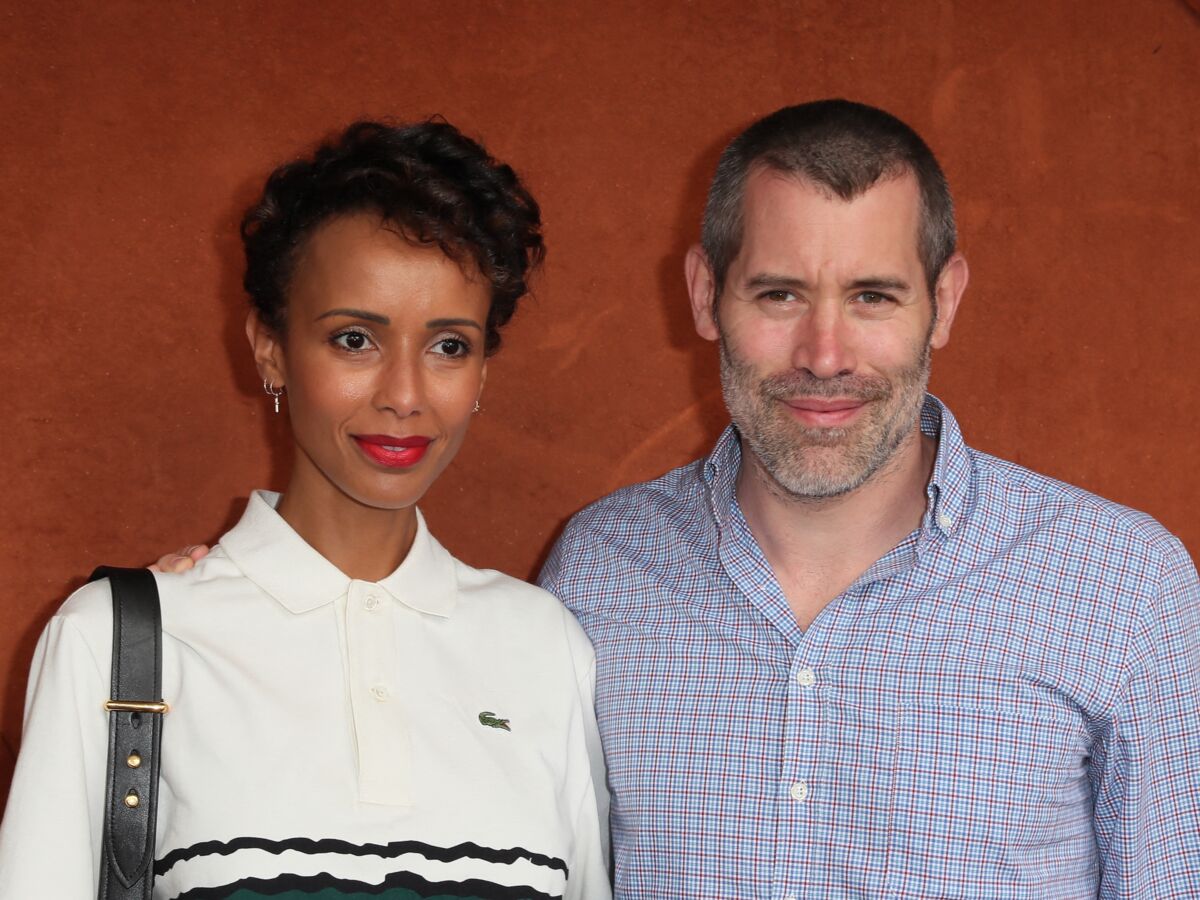If you have not been living in a cave lately you may have heard about super foods and many of its benefits, but while many people are focusing on feeding their bodies to keep their #fitnessgoals and their physical balance, not many people are focusing on nourishing their inner beings. As a recap, we can say that super foods are certain vegetables, fruits and supplements that have profitable benefits for our bodies and by consuming those foods regularly that could consequently lead us to a better health.
Between the African superfoods we can find the next ones:
Teff: is a fine grain that can be found in Ethiopia and Eritrea. It can be considered “the holy grain” because it is full of calcium (as much as spinach), high in protein, iron and vitamin C.

Fonio: is a drought resistant grain, very similar to millet, that grows in west African Sahel. This grain is high in amino acids.

Amaranth: also named mchicha in swahili, terere among the Gikugu, Meru and Embu in Kenya, doodo in Uganda and Soko in yoruba. The Amaranth grain contains more proteins than any other whole grains such as rice, sorghum and rye. It is comparable, nutritionally talking, to wheat germs and oats.

Moringa: It can be found in Africa and South Asia. The moringa leaves have big amounts of protein, calcium, iron,vitamin C and vitamin A. It possesses twice the protein of yoghurt, four times the calcium of milk, seven times the vitamin C of oranges and 25 times the iron of spinach

Pumpkin Leaves: also called ugwu or ugu in Nigeria. Pumpkins leaves are eaten all over Africa and they are fully packed with vitamin A, C, calcium, iron, folate, potassium and some vitamins B.

Baobab fruit: as stated in the first issue of Afropolitain magazine, “Baobab tree is Africa´s best kept secret”. Baobab fruit has a lot of antioxidants, fibre, potassium, magnesium and iron.

Hibiscus: In Egypt and Sudan, Hibiscus (previously dried) is consumed as a tea called Karkadesh or Karkady. In West Africa, it´s also named bissap, tsoborodo or wonjo. Hibiscus tea is especially rich in antioxidants,minerals and vitamin C.
Tamarind: Grown in tropical areas of Africa and appreciated for its bittersweet flavour, the Tamarind juice is rich in vitamins, minerals and antioxidants. It´s used also to combat dehydration.

Coconut: native generally to tropical areas around the globe. It´s beneficial for the functioning of the brain due to its fatty-acid combo, the protein that coconut milk contains beneficial digestive properties, it´s antiviral and fosters skin health. Coconut water, as the tamarind fruit, helps to rehydrate the body.

Kenkiliba: We can find it in Sahel and it is generally consumed as an infusion tea that acts as a great digestive detox. It is very common also in Burkina Faso, Mali, Senegal, Guinea and Gambia.

Eating some of the foods listed previously may lead to having a better health but a better health does not make us happy, however happiness and satisfaction can certainly lead us to pursue a better and healthier life. One can have a healthy diet and develop a disease anyways, why? Because of the bioenergy, for everything in this world, us included, is energy. There is nothing more harmful to our bodies than a mind producing toxic thoughts. Negativity causes anxiety which prevents us from having access to higher functions of the brain. It is scientifically proven that in the universe everything is energy, therefore if you are part of the universe you are energy too, meaning that you can modify your life if you change your thoughts, so if you think positive you will attract positive situations into your life, that is called the attraction law. As Andrea Beaman, Health Coach and author, once said: “when you align your physical body with the environment where you live your emotional and spiritual body also becomes in balance”. With those words, she meant that if you combine a well-nourished and a healthy body with a focused mind and spirit, you are more prone to find balance in your daily life.
But where to start to find that so needed inner balance?
Eat organic seasonally and local food as much as possible to keep your body connected with the four seasons and follow the natural cycle of life Feed your brain with “nourishing information” Feed your spiritual body by doing yoga, meditation or other healing therapies Exercise and keep your body moving Spend time in nature or natural environments and breathe Nourish the meaningful relationships you have in your life Do what you love more often to generate more endorphins (the hormone of happiness) The tips listed above play a key role when it comes to inner development and consciousness awaking. Walking up through those steps will bring us inner peace and personal equilibrium at some point. It is clear that nurturing correctly your body is an essential part of your well-being but as human beings, we are not just “flesh and bones”, and we definitely need to feed other areas of our lives and ourselves to reach a certain balance.
- Eat organic seasonally and local food as much as possible to keep your body connected with the four seasons and follow the natural cycle of life
- Feed your brain with “nourishing information”
- Feed your spiritual body by doing yoga, meditation or other healing therapies
- Exercise and keep your body moving
- Spend time in nature or natural environments and breathe
- Nourish the meaningful relationships you have in your life
- Do what you love more often to generate more endorphins (the hormone of happiness)
The tips listed above play a key role when it comes to inner development and consciousness awaking. Walking up through those steps will bring us inner peace and personal equilibrium at some point.
It is clear that nurturing correctly your body is an essential part of your well-being but as human beings, we are not just “flesh and bones”, and we definitely need to feed other areas of our lives and ourselves to reach a certain balance.


 The Long Wait for Justice in Kenya’s Police Violence Cases
The Long Wait for Justice in Kenya’s Police Violence Cases  The Human Cost of Illegal Mining in South Africa
The Human Cost of Illegal Mining in South Africa  World Health Organization Awards Namibia For Near Elimination Of All Childbirth Transmission Of HIV And Hepatitis B
World Health Organization Awards Namibia For Near Elimination Of All Childbirth Transmission Of HIV And Hepatitis B  Everything Prince Harry and Meghan Markle Did On Their Visit To Nigeria (Including That Secret Stop)
Everything Prince Harry and Meghan Markle Did On Their Visit To Nigeria (Including That Secret Stop)  Looking For A Fun Workout? Try This 15-Min Afrobeat Fitness Routine!
Looking For A Fun Workout? Try This 15-Min Afrobeat Fitness Routine!  Twins and Models Battle the World’s Most Common Genetic Disease: Sickle Cell
Twins and Models Battle the World’s Most Common Genetic Disease: Sickle Cell  Call me “Thandiwe” because that’s my name.
Call me “Thandiwe” because that’s my name.  Sonia Roland Questioned In Gabon Fraud investigation
Sonia Roland Questioned In Gabon Fraud investigation